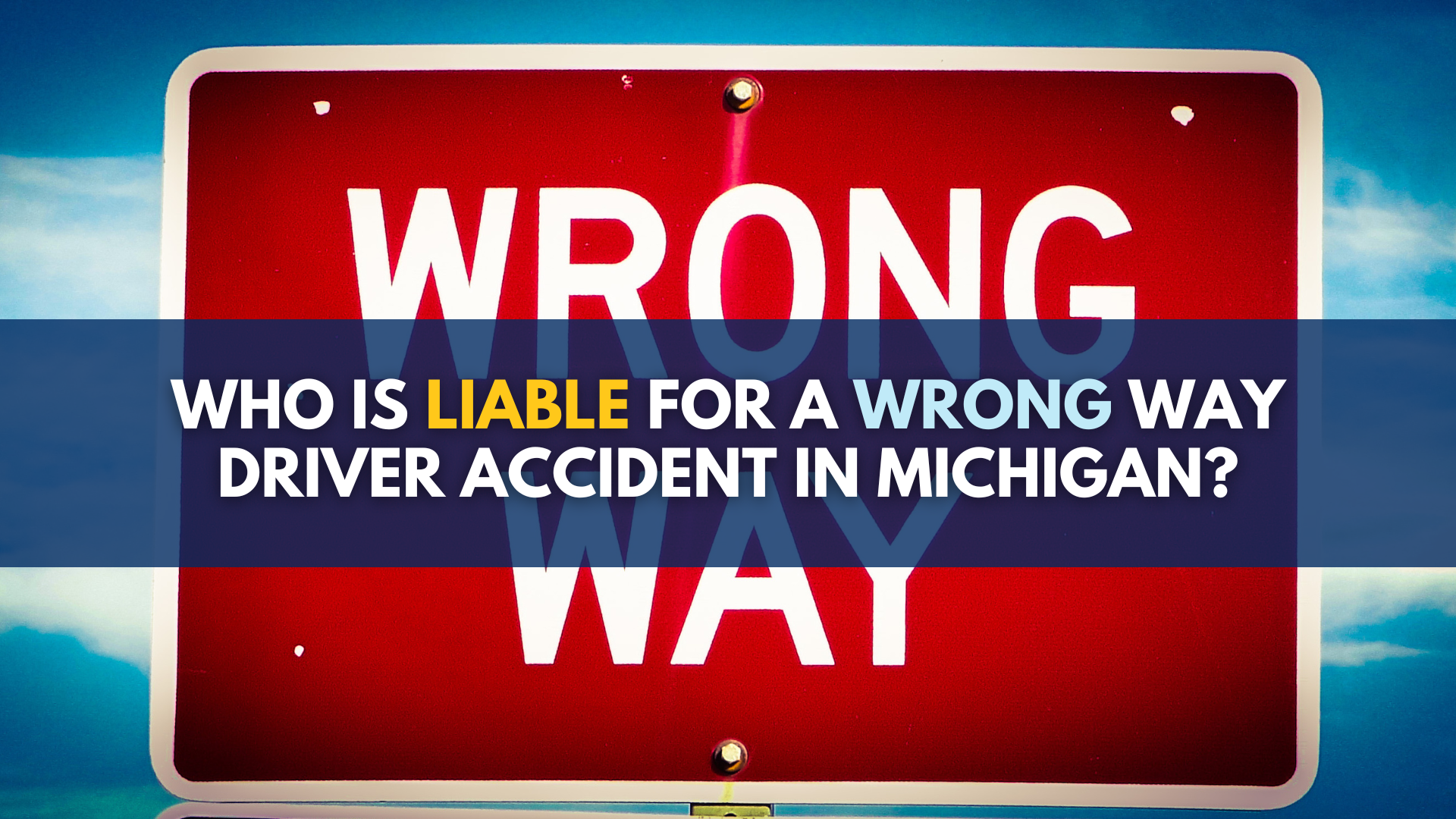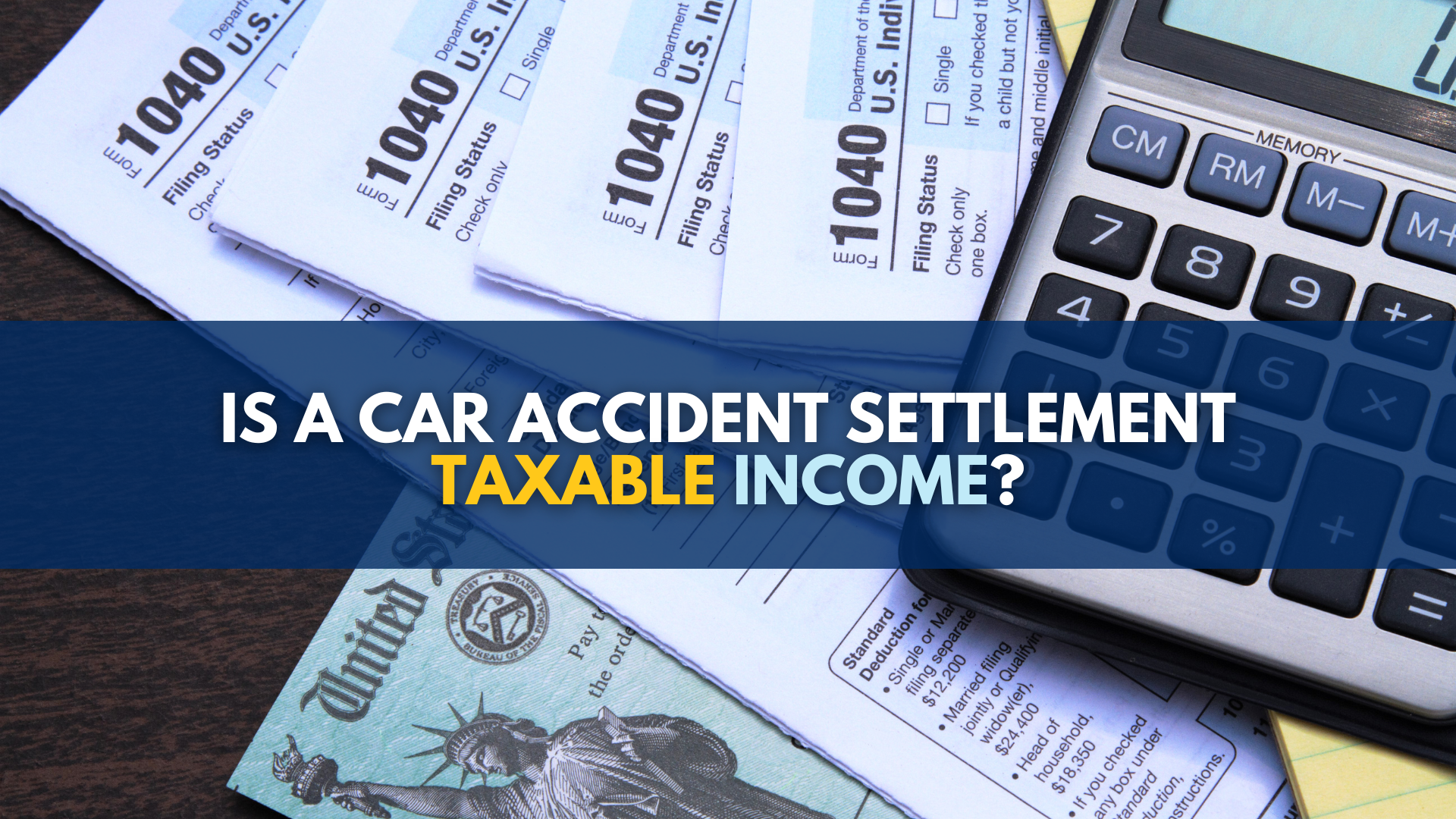I recently wrote about the issue of No Fault benefits for children of divorced parents, and whose auto insurance policy covers an injured child after a car accident. We received a great response, including this one that I wanted to share today from attorney Jennifer Paine, an experienced family law attorney from Cordell & Cordell Michigan. You can also visit Ms. Paine’s website, cordellcordell.com, for more information on this often confusing issue of the intersection between Michigan’s No Fault laws and what happens after a divorce.

Jennifer Paine writes:
“For family law attorneys, no fault automobile insurance law is just one of many areas that we must take into consideration in crafting our settlement agreements and preparing for trial – but, it is an ever increasingly important one.
There was a time, not long ago, when the conventional wisdom was that one parent was the “custodial parent” (the parent with most of the child’s time) and the other the “non-custodial parent” (or, the visitor, with the least amount of time), when insurance costs were an “extra” not contemplated in our child support formulas or our analyses for alimony and when, to the extent a parent chose to cover a child, that parent did so as his or her own risk.
However, as more and more families divorce or separate with joint and near equal parenting arrangements, and more and more families rely upon their children to provide their own transportation, that conventional wisdom has fallen aside.
In its place is a more careful, and financially cautious, consideration of no fault automobile insurance law and its intricacies.
And, so, here in Michigan we always ask our families, whether divorcing or never married by separating, and their attorneys to consider at least the following –
Domicile – In the event of an injury triggering PIP coverage, one of the first questions both parents and attorneys must ask is, “Where is the child’s domicile?”
There was a time when this question was easily answered – the parent who as physical custody. But, with the term “physical custody” falling out of use, quickly, and with the rise of joint custody arrangements, as well as the statutory establishment of a “legal residence’ for the child with each parent, the answer is anything but easy. That is, unless the parents’ court order answers it.
As of this year, our Court of Appeals has declared that the child has only one domicile for insurance coverage purposes, and this domicile is that which is established by operation of law (court order) or, absent one, where the child spends more than one-half of his or her year. Grange Insurance Co. v. Lawrence 494 Mich 475 (2013).
For parents who have equal time and no specification in their order, they would be prudent to establish now, by way of stipulation and order, which parent’s household is the “domicile” for insurance purposes.
Otherwise, in the unfortunate but possible event that your child is injured, you and your ex may find your insurance companies pointing fingers at each other with neither paying absent a lawsuit.
Child Support – The Michigan Child Support Guidelines do not provide for payment of a child’s automobile insurance or a deduction for a parent who decides to provide it.
Therefore, if the parents decide to provide this insurance post-divorce or separation, their order must specifically require it. They can, if they agree, reduce the child support obligation to reflect this cost.
It is prudent for parents to share this cost in their court order or decide how to account for this cost as part of the child support obligation, also in their court order. Otherwise, it is an additional cost to the parent who provides it, and the court cannot require the other parent to pay any share.
Alimony – Despite popular rumor, there is no state-mandated, or sanctioned, formula for alimony.
Unlike the child support formulas, therefore, insurance costs may be a consideration, whether by way of an increase in the parent’s costs or an additional policy for the child. This is because, as a matter of law, the court must determine each spouse’s needs and abilities to pay alimony. Depending on the judge, this need and ability may include which parent is providing insurance for their child.
There is a line of case law (that law that forms our foundation for and support of alimony awards, or the lack thereof) that provides that parents’ prior agreements to support their children include an agreement to provide insurance, can affect this analysis.
It is prudent for the parent who wishes to provide insurance for the child to emphasis the importance of this coverage, the parents’ prior express or implied agreement to provide it and the financial consequences of not providing it.
Settlement Agreements (Good) – Some things Michigan divorce laws do not allow the court to do, they do allow parents to do. For example, parents can agree to provide automobile insurance and allocate the costs even if the court could not. Walworth v Wimmer, 200 Mich App 562 (1993).
When in doubt, parents should specifically agree in advance how to handle these costs in the future, even for children who are not yet at a driving age.
These agreements are generally final, binding and non-modifiable, and they allow parents to address issues that will arise in the future without the need to have to return to court to decide how to handle them.
Settlement Agreements (Bad) – On the other hand, parents who are not careful can find themselves in precarious financial positions.
Take, for example, that agreement to provide insurance for a teenager. An agreement to provide, absent more language, means an agreement to provide no matter what the cost.
An appropriately crafted agreement will include contingences, such as that the cost be capped at a percentage of each parent’s income, that the cost be reduced for child support or alimony, or both, and that the parents meet with a neutral third party unless they can agree otherwise to select the coverage that is most cost effective for both of them.
For parents who can co-parent after divorce, the agreement should go further to require the child to pay a portion, to reallocate the annual ordinary medical costs (see above) or child support costs for rising premiums, and to promptly locate and cooperate with an attorney for the child in the event of an injury or loss requiring an auto law attorney’s assistance.
Of course, we never hope for a child to be injured, but in the event of an injury the above will help move along the process of establishing coverage and obtaining PIP benefits.
If you are divorced or separated, divorcing or separating, you should consult with your insurance provider, as well as your Michigan family law attorney, to determine which options are best for you and your family.
This is one area of family law in which you as a parent maintain considerable control, and if used correctly, can save yourself and your family considerably.”


